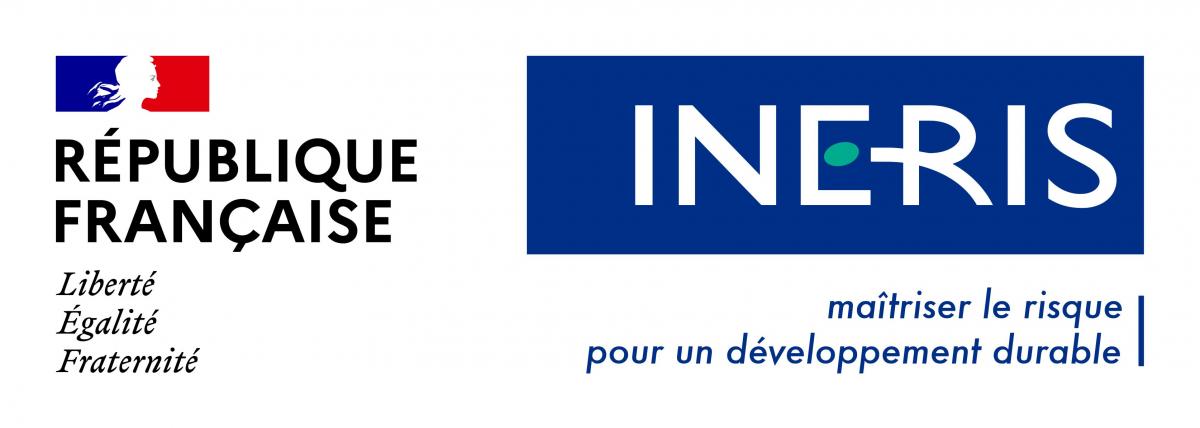Effects of a combined chemical and biological stresses on fish immune system
Résumé
The ecological and chemical deterioration of rivers water quality is a fact. Several studies highlight that a large variety of compounds detected in French rivers could impact physiology of aquatic organisms. The immune system, in particular innate immune response, seems to be very attractive for biomonitoring due to their connection with organism health status. In fact, this innate immune response is a part of the first line defense in the immune system of organisms acting against pathogens without prior exposure to any particular microorganism. Moreover, organism’s defenses may be modified by pollutants leading to increase effect of endotoxin. In this context, the stresses induce by chemical (chlorpyrifos) and combined chemical/pathogens (LPS endotoxin) were determined in the three-spined stickleback, Gasterosteus aculeatus, after 4 days of exposure. For chlorpyrifos, dissimilar effects were obtained when fish were exposed to chemical stress alone or combined chemical/endotoxin stresses. An increase of the oxidative burst was observed in fish exposed at high doses of chlorpyrifos. Moreover, the injection of LPS increases immune response at low concentration of chlorpyrifos whereas at higher concentration of chlorpyrifos the immune response was lower than control values. Lysosomal membrane integrity was disrupted by the double contamination, at low and high doses of chlorpyrifos. This study shown that chlorpyrifos have hazardous effects on susceptibility of fish immune system to pathogens.
